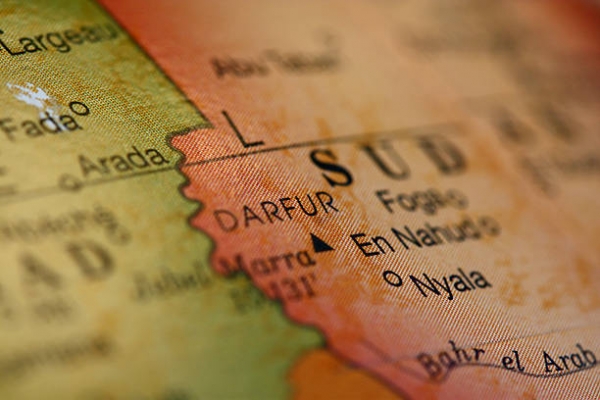A series of peace agreements have been signed in the last decades between Arab and non-Arab leaders in Sudan’s Darfur region, but these accords are rejected by many Darfuris who declared the deals leave the perpetrators of violence unpunished. As a matter of fact, the accords were brokered by the leader of the paramilitary Rapid Support Forces (RSF), a branch of the security services that evolved out of some of the Darfuri Arab militias created by former President Omar al-Bashir to suppress the non-Arab rebels.
The conflict in Darfur broke out in 2003, as non-Arab tribes rose up against the Arab-dominated government in Khartoum. The central government supported and armed the local Arab militia – that would later convert to the RSF – in their fight against African tribes. Twenty years later, more than two million people have been displaced, both internally and in neighboring Chad, and hundreds of thousands of people were killed.
The United Nations (UN) High Commissioner for Human Rights Volker Türk expressed his support for the peace agreements, whose implementation he judged vital to protect vulnerable civilians who are still caught up in violence. The pacts were also welcomed by UN’s top official in Sudan, who called for their implementation during a visit to Darfur in 2022. UN-appointed independent rights experts, on the other hand, stress how “prosecuting perpetrators, including high-level commanders responsible for these violations, is critical to ensuring Sudan’s sustainable transition to a credible democratic civilian government.”
To read more, visit:
- https://www.thenewhumanitarian.org/news-feature/2023/02/08/local-peace-controversy-Sudan-Darfur-Hemedti
- https://news.un.org/en/story/2023/03/1134137
- https://www.aljazeera.com/gallery/2023/2/26/photos-the-lasting-scars-and-pain-of-the-war-in-darfur-sudan
by Laura Maschio







